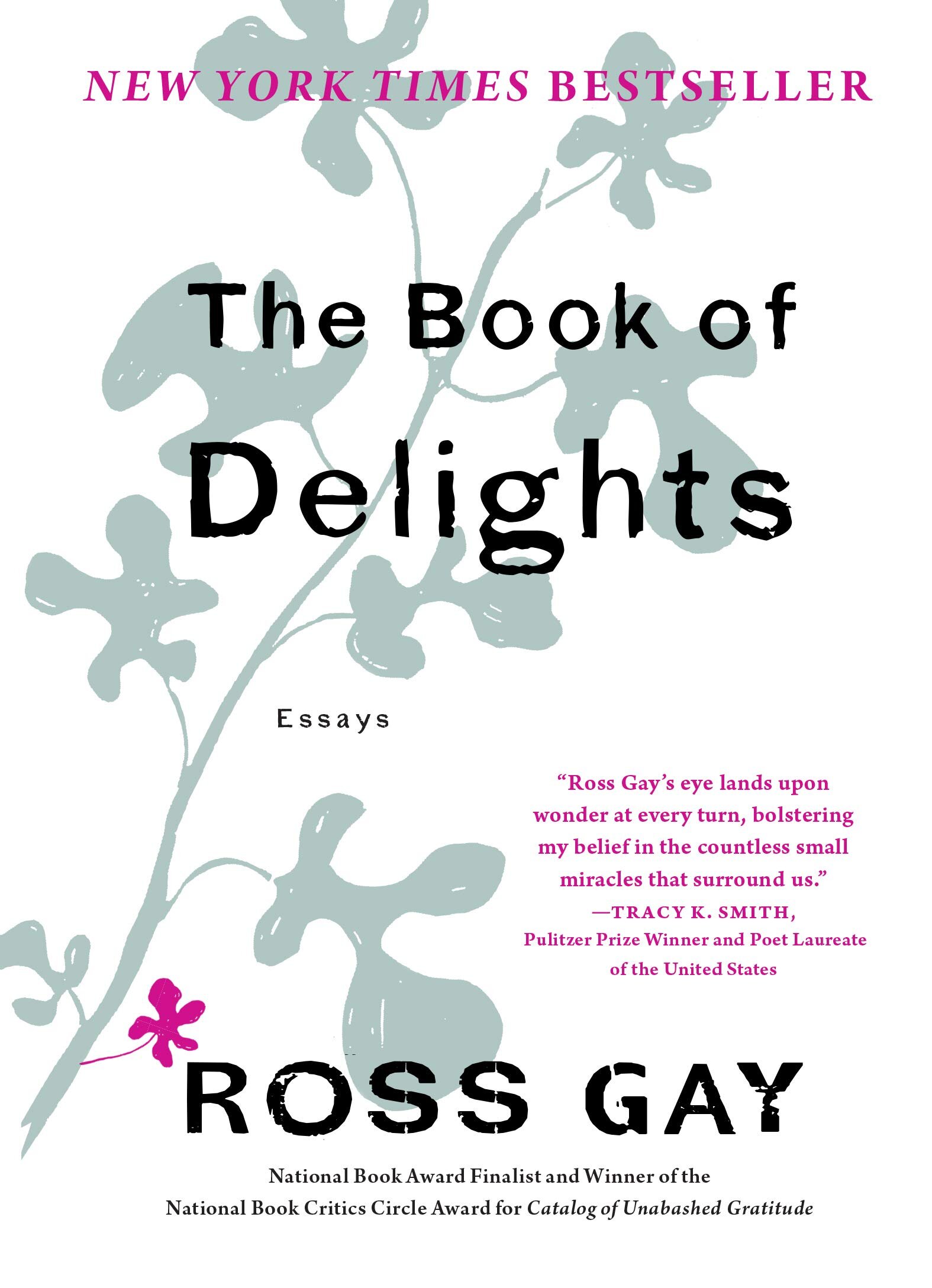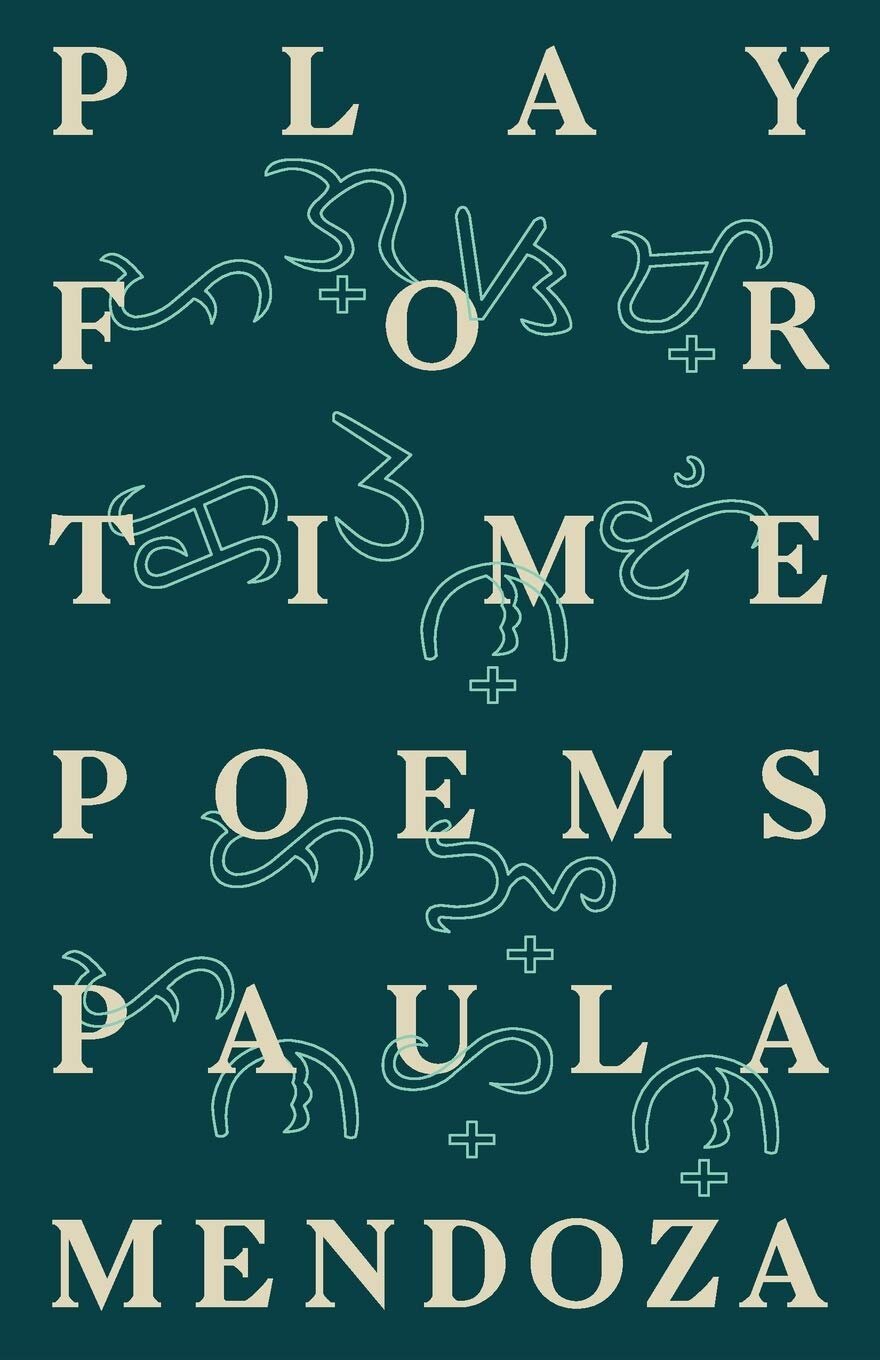I should begin this quick review by admitting, I was very resistant to liking this book. It’s about Cedar City, a place where I worked overtime almost every week, basically had zero friends, was suffocated by whiteness and conservativism, and where I was incredibly lonely. Condie’s attempts to portray the place in a wistful, poetic, and even beautiful light were not welcomed by me!
Condie’s middle-grade novel covers the story of a young biracial (white and Asian) girl who has recently lost her father and younger brother to a car accident. Written in short, micro-fiction sized chapters, the book moves along quickly while somehow still capturing the smell-the-roses pace and atmosphere of life in rural Utah. Grief, especially at such a young age, is difficult to capture. Yet here, with tenderness, Condie renders the healing of a young girl, who finds ways to treasure and remember those she has lost, while developing new relationships and memories to push her forward. I'm also heartened—and I should say it, impressed!—to see the inclusion of a biracial Asian American character without letting racial issues subsume the rest of the book. The protagonist is a fully developed character and not merely a microcosm of larger race issues.
I recommend this book for everyone, especially 1) children dealing with grief and death, 2) white people trying to learn how to write POC characters, 3) people who need an easy read that will nurture and warm them and won’t demand your work brain to be on without sacrificing craft. This is a book you can cozy up to after a difficult day. 5/5
Appropriation: A Provocation / Paisley Rekdal / 2021
Writing about cultural appropriation usually makes me wanna pull my hair out. Even when I agree with the authors of the think pieces and hot takes, it’s a hard thing to talk about without sounding like you are too woke, foaming at the mouth, the champions of so-called “cancel culture.” Here, Paisley steps into these troubled waters with the grace of a dolphin who knows choreographed swimming routines. She manages to talk about these thorny issues with a clear-eyed precision, compassion, and without become belaboring. The fear of offending someone and clumsily crossing a line haunts many contemporary writers, so it is especially apt and touching to see this collection of essays written to an imaginary student, wrestling with insecurities and difficult subject material, who is asking for advice. This book should be required in every creative writing curriculum, and it should have been required decades ago. It would have saved many a young writer from the grief of muddling through these complicated issues on their own. It would have saved quite a few from getting their work trampled for sloppy renditions of cultures they didn’t know enough about.
I recommend this book to every creator, writer, and artist. It should be a staple of ethnic studies. It should win a grammy too. 5/5
Hood Criaturas / féi hernandez / 2020
féi deserves a spot in poetry right next to Danez Smith and Christopher Soto. Nonbinary, undocumented, and 100% magical, their debut collection of poems has an explosive use of form from the guttural anger of the prose poems “dontcomeformyhood” and “Brunch” to the slick quatrains of “When They Leave, a Pantoum.” While the collection deals with the very real traumas of PTSD and migration, it also celebrates and fights for its joy in poems like “first real nations of nations”. féi has so much soul and punch. I am grateful to get to peer into their light. I recommend this book to anyone interested in undocu literature, LGBTQ+ literature, Latinx literature, “political” poetry and contemporary poetry. 4/5
American Grief in Four Stages / Sadie Hoagland / 2019
14 stories in 155 pages, each with their own seductive sadness. I found myself sinking deeper into my seat, lowering into the sofa breathing this one in deep. These are inglorioIus struggles: a military veteran half-heartedly attempting to kindle a romantic relationship, a teenager trying to make sense of the suicide of his bright and popular little brother. The only reason I’m not giving this five out of five is because a few stories didn’t jump as high as the others, including “Fucking Aztecs” which repeats unfortunate stereotypes about natives. I especially dug stories like "Dementia, 1692”, which takes us back to witch hunts in Puritan America with a glass melting rhythm and sorrow. I recommend this collection to anyone interested in short fiction. 3.5/5
The Beethoven Sequence / Gerald Elias / 2020
I didn’t finish this political thriller. I stopped on this passage and realized all my suspicions that The Beethoven Sequence was, in fact, a bad book, and not simply a book that I wasn’t really interested were true. I especially hated that this book used the really politically fraught story of a man falsely accused of sexual violence as a mere plot device. Here is the passage that made me finally give up on reading, admittedly a couple of hundred pages too late:
“I’ve got this Mr. Clean fantasy,” she says, kissing the top of his head. “I have this thing about bald men. Have I ever mentioned that?”
“Even bald sex offenders?”
“They’re the best kind.”
His hand is inside her bathrobe, and he stands up to make it easier for her to find his zipper. He hasn’t been with a woman since the nightmare started eleven years before. Before his wife left him. Before he spent nine lonely years in prison. He can’t wait any longer. He presses his mouth against hers and she presses back. He pins her on her back on the kitchen table. She tears at his jeans and underpants and grasps his penis, pulling it insider her. He unties her robe and squeezes her breasts, hard. Eyes closed and her head back, she supports herself on her elbows, wrapping her legs around Whitmore’s waist. Her right hand falls into Whitmore’s dinner plate. As he presses into her, she grabs a handful of potato salad and coleslaw and smears it over his face and stuffs it into his mouth. Covering his lips with hers, the two of them tongue the food back and forth from one mouth to the other.
“You like chicken?” she whispers as she licks his face.
“What kind of question is that?” he pants. “Yeah. I suppose.”
“Good. Me, too.”
Feeling behind her for the remains of a chicken drumstick, she clutches it and slowly slides it into and then out of his mouth, as far as it will go, both of them licking at it, sucking on it. She wraps an arm around his neck as he rides her, his body spasming out of control. His wraps his arms around her back, pulling her toward him. He wants it to go on forever, but it has been such a long time. He shudders as he empties himself into her. He sinks onto her chest, panting, laughing, and crying at the same time.
“House confinement has its rewards,” he says, when his breath returns.”
I don’t recommend this book. 0/5
Women Who Run With Wolves: Myths and Stories of the Wild Woman Archetype / Clarissa Pinkola Estés / 1989 & Under Saturn’s Shadow: The Wounding and Healing of Men / James Sollis / 1994
I read Women Who Run With Wolves because it was recommended to me my many women of color in my life and even my therapist. I read Under Saturn’s Shadow, similarly, because men of color close to me found this title powerful. Both these books strengths are also their greatest weaknesses. Namely, they both essentialize and flatten men and women a tad bit too much to fit into the archetypes they are interested in. As someone whose gender identity and expression doesn’t fit neatly into femininity or masculinity, I struggled a lot to see myself in either book, although I felt pieces of both deep inside me. Women Who Run With Wolves is especially for women who have had to repress themselves under the pressure of racism and patriarchy. Under Saturn’s Shadow is especially for men with a lack of father figures in their lives. Both have deep poetic moments that will sweep you off your feet—it just might not be the norm. If you aren’t into Freudian and Jungian psychology, these probably aren’t for you. I give both 2.5/5.
Avatar: The Last Airbender - The Promise / Gene Luen Yang / 2012
I stepped into the Avatar comic series tentatively. I read them for free online, even watched a couple dubbed on YouTube. At the time, I was dreadfully depressed and needed something to just get me to the next day. So I binged, escaping into the world of Avatar. I was impressed by how good the comics are! It’s hard to keep the integrity of such a beloved and masteful series, but Gene Luen Yang pulls it off! Here tensions between Avatar Aang and Fire Lord Zuko emerge as Zuko begins to negotiate with the Earth Kingdom over colonized lands. The plot creates a powerful snapshot of some of the complex cultural mixing that happen during colonization and lived up to my hopes and dreams for the series. I recommend this to all youth and anyone interested in children’s literature. 5/5
Avatar: The Last Airbender - The Search / Gene Luen Yang / 2013
One of the greatest mysteries in the Avatar series is what happens to Zuko’s mom. This comic rewards fans’ patience and curiosity and doesn’t fail to deliver a powerful, coherent story, covering this important mystery in Avatar lore, doing a great job of capturing the struggles of women in oppressive marriages. I recommend this to all youth and anyone interested in children’s literature. 5/5
Avatar: The Last Airbender - The Rift / Gene Luen Yang / 2014
This comic is especially good for talking with children about the complications of modernization and the importance of environmental stewardship. Avatar Aang fails to create balance in this issue, prioritizing friendships over peace between humans and spirits. This is a fraught decision, and Yang handles it well. 4/5
Avatar: The Last Airbender: Smoke and Shadow / Gene Luen Yang / 2015
This comic rewards us with the return of our favorite villain Azula, and she is somehow even more mad, reckless, and bone-chilling. She goes to ghastly extremes to disrupt Zuko’s reign in this one. Zuko learns hard lessons about the dark side of power and the importance of freedom. 5/5
Avatar: The Last Airbender: North and South / Gene Luen Yang / 2016
This series is especially good for talking about intracultural colonization and conflict. Katara and Sokka have to navigate not only coming from a defeated culture whose knowledge has largely been destroyed by war, but also trying to figure out power dynamics with sister tribes with more power. It is a little heavy on the politicking in my opinion, but a decent contribution the Avatar world 3/5
The Legend of Korra: Turf Wars / Michael Dante DiMartino / 2017
Again, I was impressed by how they sustained the integrity and the feel of the TV series. So, I enjoyed and was annoyed by all the same aspects of the comics as I was of the TV series. That said, I deeply enjoyed the way the series navigated the Korra and Asami’s lesbian relationship, creating believable conflict in a supportive family. The new villain is a logical outcome of the spirit world intermingling with the human world. 3/5
The Legend of Korra: Ruins of Empire / Michael Dante DiMartino / 2019
Here, DiMartino tries to create a redemption arc for Kuvira and deals with election stealing. It may have been the less-than-graceful attempts to reconcile Kuvira’s crimes and create a transformed character. It may have been the fact I was reading this alongside endless news about the US election. But this one had me as dissatisfied with it as I was with the Kuvira arc. 2/5
Them: Why We Hate Each Other—and How to Heal / Ben Sasse / 2018
As I live in a red state, I follow conservative Reddit, am a registered Republican, and now read conservative books to try to understand how to best do cultural and social justice work in this state. Sasse is an interesting figure in the Republican party, voting to impeach Trump but otherwise your run-of-the-mill small-town Republican with a love of pickup trucks, fear of porn, and belief in small governments. I profoundly disagree with Sasse’s romanticization of US history. In one passage, for example, he strains, arguing that the US is exceptional for abolishing slavery, ignoring the fact that plenty of Latin American and European countries abolished slavery before us. Abolishing slavery is a low standard for “exceptional” behavior and even in the scheme of the rest of the world, we were mediocre at best. If you can get past the warped and idealized renditions of US history and tearful patriotism on occasion, you might feel the empathy Sasse has for people navigating the digital revolution and the love he has for community building. Sasse might get a little preachy about building an authentic meaningful work and family life and about avoiding the toxicities of social media, but the majority of Sasse’s observations are hard to disagree with. I recommend this book to anyone trying to understand contemporary US conservatism and contemporary American politics. 2/5
The Only Good Indians / Stephen Graham Jones / 2020
I fell in love with Stephen Graham Jones when I first read Mapping the Interior last February. Jones is literary without pretension, popular for his horror and fantasy that draws heavily on Native lore, social issues, and intergenerational trauma. In the first story, racism is just as threatening of a force as the fantasy monster, as he is chased by both bigoted white men and an elk-monster. In general, his characters are Native men at various levels of stuckness, trying and failing to gain a better grip on their social and economic circumstances. It’s absolutely chilling to see some of them descend into madness, narrated in a brilliantly eerie voice and turn. His characters speak like real people of color, swearing, throwing shade on white folk, and navigating fraught cultural heritages. I recommend this book to anyone interested in horror, fantasy, Native literature, and fiction. 4/5































